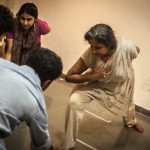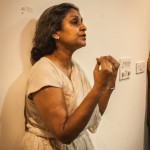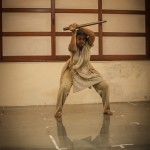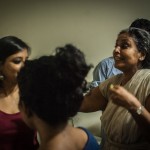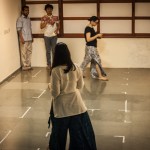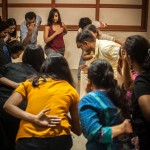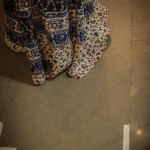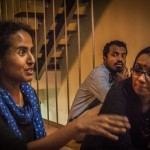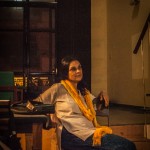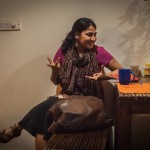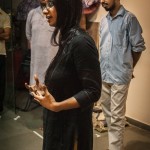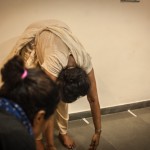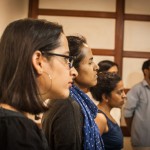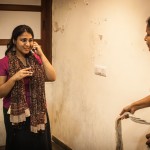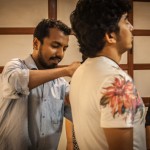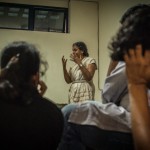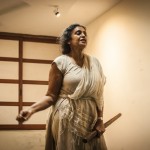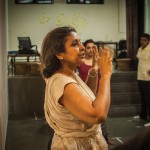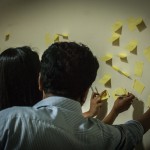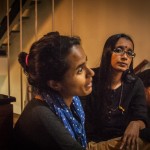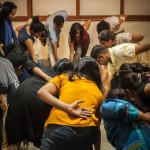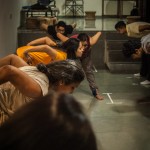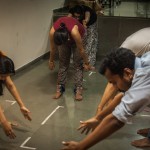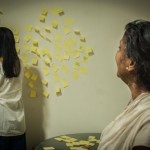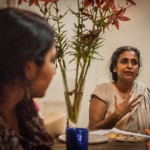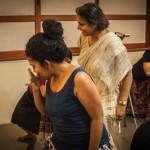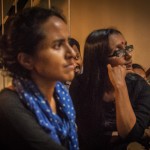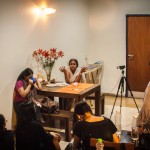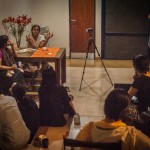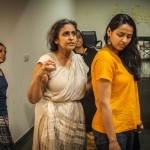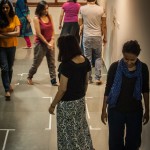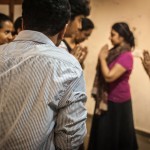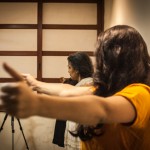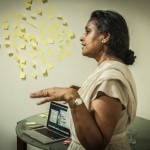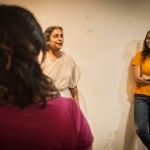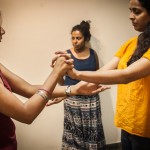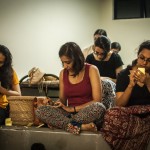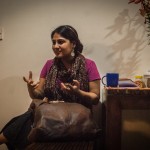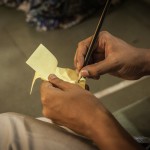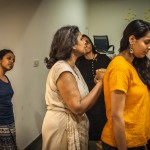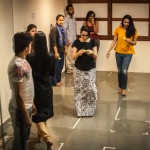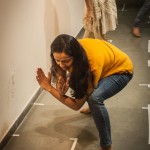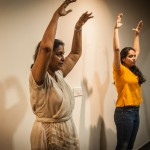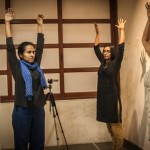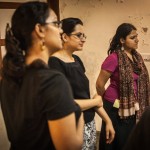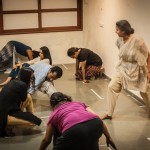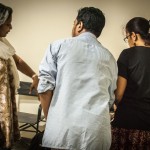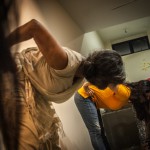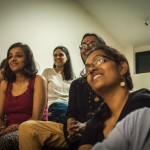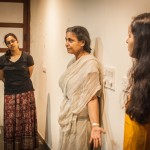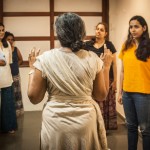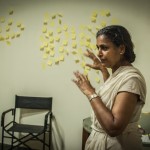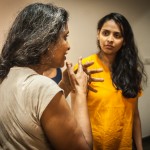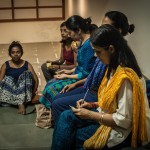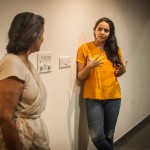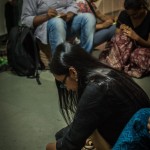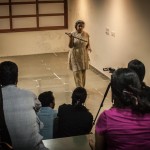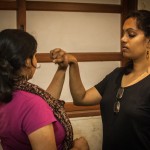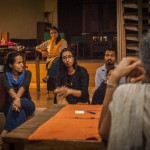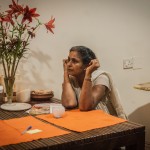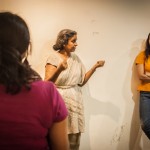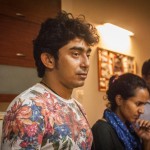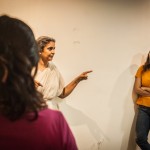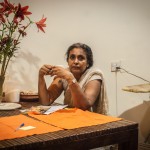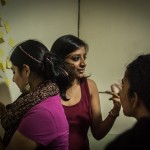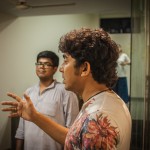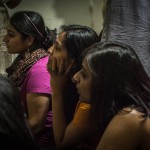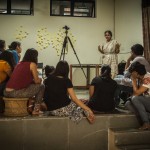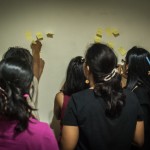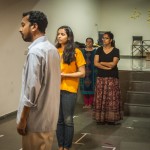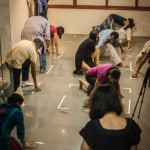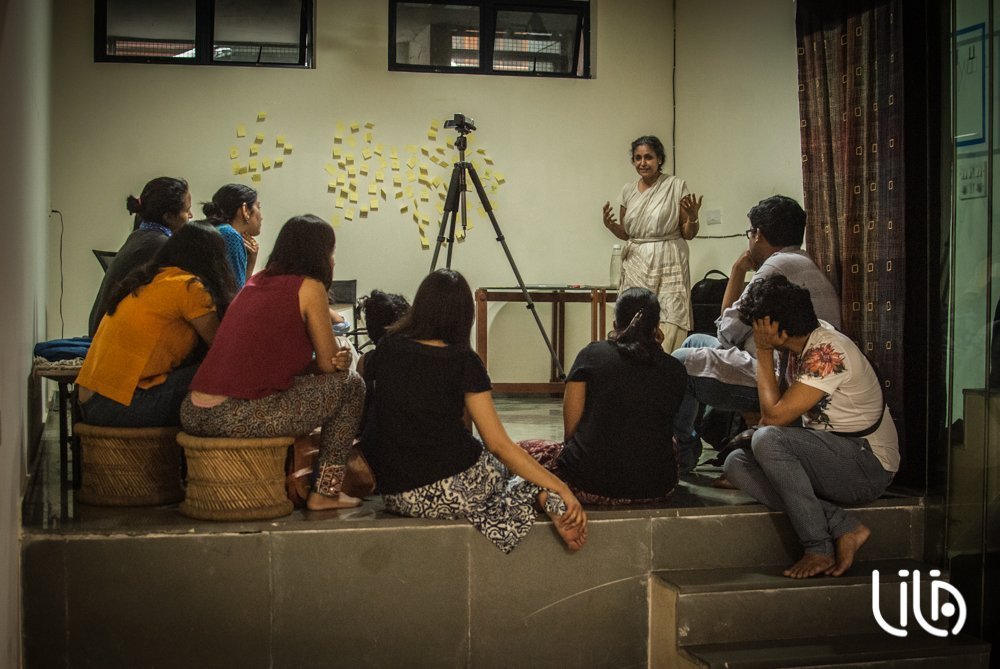
© LILA Foundation

In the midst of my monotonous modern life (essentially my 10-6 job about which I have mixed feelings), last Sunday for Kaapi LILA at Nasheman, I met a girl in her 20s, a teacher of literature in English and a researcher at Sahapaedia, an online encyclopedia of Indian arts and culture. She told me about a month long workshop where you had to practice sensing your feet, and some more about the organisers or founders. She mentioned George Gurdjieff, the Armenian spiritual thinker who brought Einnegram, the Sufi symbol of transformation, to the West from the Naqshbandi order. After some research, I am now trying to reach out to Zainab, one of the disciples who could get me in touch with what I can call ‘tools for my inner search’, and perhaps meet the teachers, Sheikh Burhanuddin Herrmann and Hajjah Hamidah, also practitioners of Einnegram. Indeed, the Kaapi LILA of last Sunday, which featured a workshop on Kalaripayat, followed by an in-depth conversation over coffee on physical traditions, brought me closer to something, if not life altering, but definitely an ‘interesting’ anecdote in my ‘urbane’ life, hopefully in the days to come.
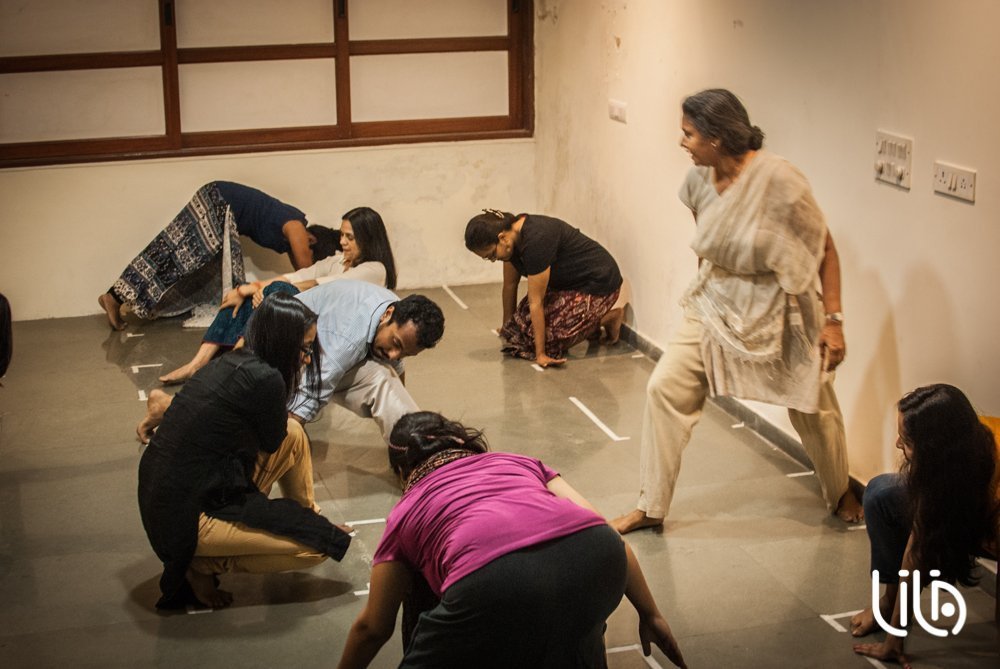
© LILA Foundation
This Kaapi LILA featured Gitanjali Kolanad, an exponent of Bharatanatyam who found in Kalaripayat, the 700-year-old Indian mixed art martial form, “an antidote to the rich girl’s prerogative,” as she explained in an article a few years ago. She showed us what it means to be in a space where you could practice your body in movement. She took us through some of the key techniques and philosophies of Kalaripayat with demonstrations and exercises.
Draw a line on a paper, however long or short, which starts and ends on the same edge, and then follow these lines in a kalari or space… this is dancing, too. And when you dance like you never have, you realise there is so much, in dance and beyond it, that you have taken for granted. From the tree outside your building you never observed, to a body part you cannot sense right now, but use constantly.
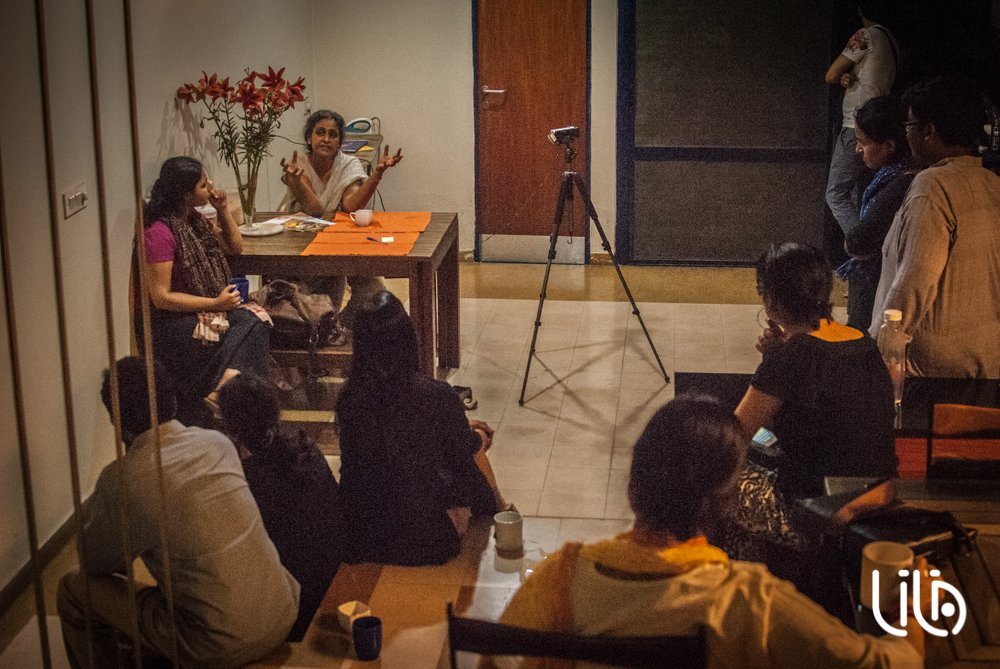
© LILA Foundation
Intriguing but not yet enriching for me, Gitanjali’s words seemed to point to something that is to be primarily experienced: “You become conscious of what you don’t know… and eventually you reach a stage where you become unconscious of what you know.” Concept and experience became more complex together, as we were asked to look at the world or ourselves from a perspective that is not an everyday or rational one. For instance, one of the key positions of Kalaripayat set us as if fighting an imaginary opponent, in an animal-like attitude. I felt cautious, rather than aggressive, or competitive, or defensive, as the animal probably would have.
But I guess that is one of the things LILA is trying to achieve: to push the limits of formats to engage and engage responsibly, and to know what goes into the making of what one wants, or wants to do. A kalari in the basement of a residence in Lajpat Nagar is unusual, for one. Helping building a community of likeminded people (though I personally think that engaging with people who are not likeminded is more important and challenging). And indeed, in these ways, bringing alive discussions that are urgent and relevant – be it rethinking gender and violence or ‘Thinking In The Age Of Maggi Noodles’.
Priya Talwar
Gitanjali Kolanad has been immersed in the practice, performance and teaching of Kalaripayat for more than thirty years, and Bharata Natyam, for over forty years. More details here.



